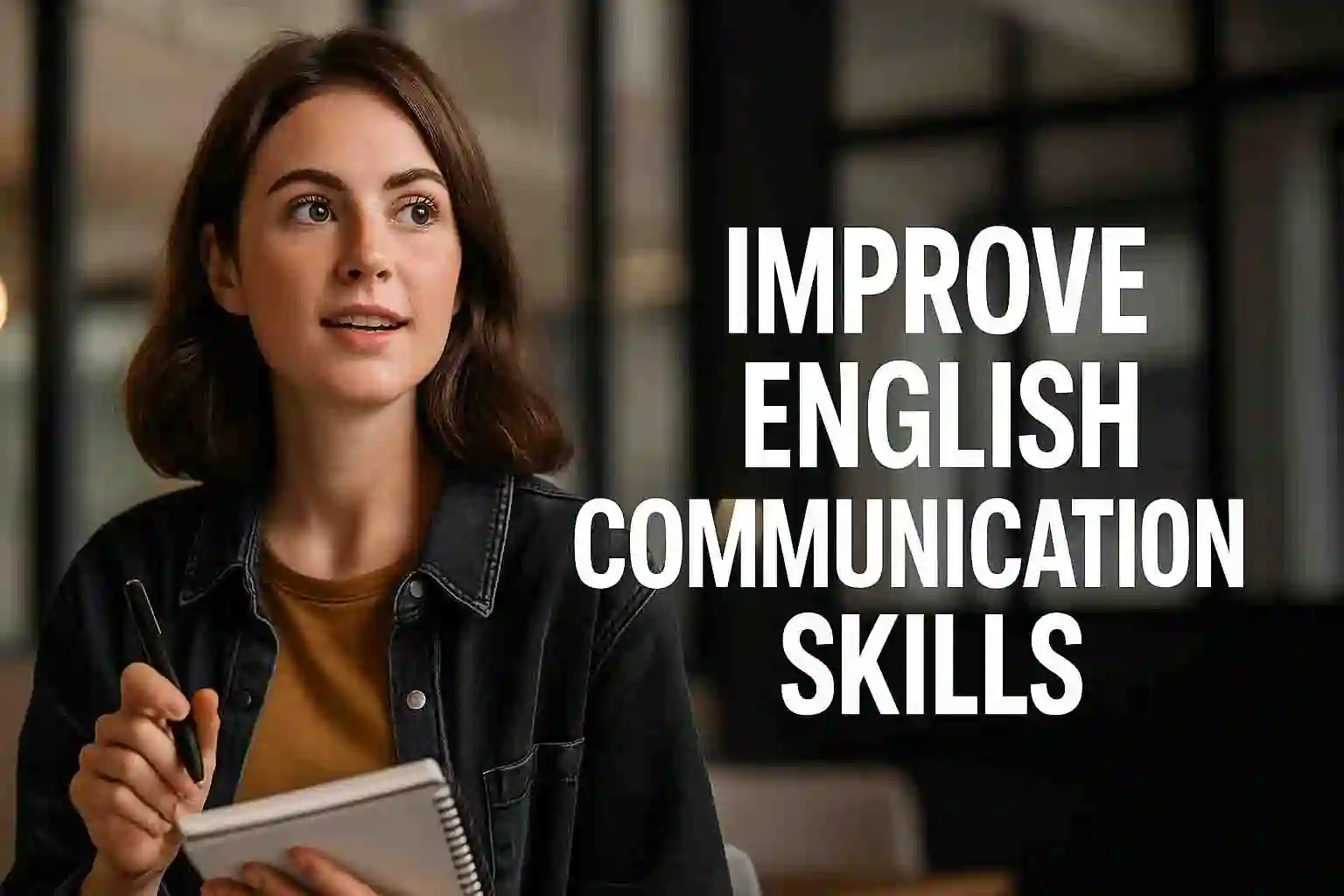Trying Your Best and Still Failing — What No One Understands
Trying your best and still failing is one of the hardest things to experience. You put in late nights, follow advice, stay disciplined, and give your full effort—yet the results still don’t come. You might not get the job, the relationship may fall apart, or your goals may seem further away than ever. This feeling is not just frustrating—it can be deeply painful. But you are not alone.
Many people experience failure even after trying their absolute best. Let’s talk about what it means, why it happens, and how to deal with it in a healthy way.
What Does It Mean to Try Your Best?
Trying your best means putting in full effort. It’s when you commit your time, energy, and heart to something important. Maybe you’re studying for an exam, applying for jobs, or working on a relationship. You follow the steps, stay disciplined, and give it your all.
Example:
Imagine Sarah, who applies to 50 jobs with personalized cover letters, learns new skills online, and attends interviews. Despite all this, months go by with no job offer. She did her best, but still didn’t get the result she hoped for.
Why Do We Fail Even After Trying So Hard?
Failure can happen due to many reasons, and most of them are out of your control. Here are a few common ones:
- External factors: The market may be saturated, timing may be off, or someone else might simply be a better fit.
- Unrealistic expectations: Sometimes we aim for perfection or expect instant results, which leads to disappointment.
- Lack of experience: You may be working hard, but if you’re new at something, growth takes time.
- Mental overload: Constant pressure can lead to burnout. When you’re mentally tired, performance drops.
Mental health awareness is important when dealing with failure. Your brain needs rest just like your body.
High-Value Life Lessons You Learn From Failing
Failure is not the end—it’s feedback. It teaches lessons that success sometimes hides. For example:
- You learn what doesn’t work.
- You build mental strength and patience.
- You understand your values and limits.
- You become better at making decisions under pressure.
This type of personal growth is valuable in the long run, especially in careers, relationships, and self-esteem.
You’re Not Weak—You’re Human
When you fail, people may not understand how much effort you put in. They might judge, give shallow advice, or ignore your feelings. But remember, their opinion doesn’t define your worth.
Real strength is trying again despite the pain. Real courage is learning, adjusting, and moving forward.
If you find yourself stuck in negative thoughts, you might be overthinking everything.
What To Do When You Fail After Trying Your Best
Here are simple steps you can take when your efforts don’t bring the results you wanted:
1. Rest and Reflect
Give yourself space to feel disappointed. Then ask:
- What did I learn?
- What would I do differently next time?
This self-reflection helps your emotional intelligence grow.
2. Focus on What You Can Control
You can’t control results, but you can control your effort, learning, and attitude. Stay focused on improving skills, mindset, and strategy.
3. Set SMART Goals
Use the SMART method (Specific, Measurable, Achievable, Relevant, Time-bound) to make progress more manageable.
4. Talk to Someone
Speaking to a friend, coach, or therapist can lighten the mental load. Online therapy platforms are a great option for affordable help.
5. Try Again—With Wisdom
Next time, use what you’ve learned. Sometimes the second or third attempt works because you now understand the process better.
You’re Not a Failure Just Because You Failed
Failing is an experience, not an identity. It doesn’t make you a failure. You are still growing, still learning, and still moving forward.
A successful life is not built on luck alone. It’s built on resilience, persistence, and the ability to rise after every fall.
Final Thoughts
Trying your best and still failing is one of the hardest things in life. But it’s also a sign of bravery. It means you care enough to try, to hope, and to risk your heart. That’s not weakness. That’s strength.
If you’re struggling with negative thoughts, self-doubt, or anxiety, remember that mental health support services are available, and taking care of your mind is just as important as your goals.
Stay strong, keep going, and know this: just because things didn’t work out today doesn’t mean they won’t tomorrow.
Share your favorite moments with us on Instagram!
Don’t keep this to yourself—share it with a friend!
























